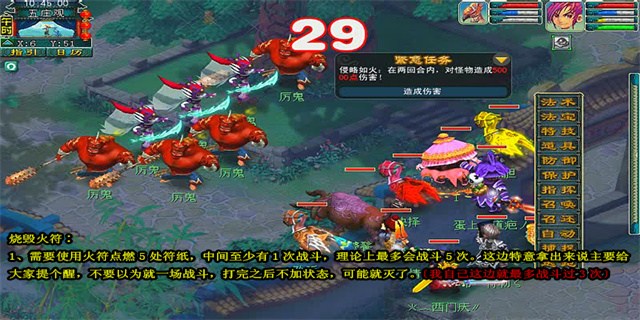Goemon: A Legendary Japanese Outlaw
Introduction
Goemon, a legendary figure in Japanese history, was a skilled outlaw who became a symbol of rebellion and justice during the Sengoku period. This article explores the fascinating life of Goemon, his daring exploits, and his enduring legacy in Japanese culture.

The Early Years
Goemon was born in the late 16th century in the town of Edo, which is now known as Tokyo. His real name was Ishikawa Goemon, and he belonged to a low-ranking samurai family. As a child, Goemon showed exceptional intelligence and aptitude in martial arts, particularly in the art of swordsmanship. However, due to his family's social status, opportunities for Goemon to advance in the feudal hierarchy were limited.

Turn to a Life of Crime
Disillusioned with his prospects in society, Goemon chose to defy the norms and turned to a life of crime. He became a skilled thief and robber, targeting wealthy merchants and corrupt officials. Goemon's crimes were not motivated by personal gain; they were acts of rebellion against the social injustice that plagued the society at that time. His daring exploits soon gained him a reputation as a modern-day Robin Hood.
The Legendary Exploits
Goemon's audacity and cunning allowed him to carry out daring robberies in some of the most heavily guarded places in Japan. One of his most famous exploits was the attempted theft of Nobunaga Oda's treasury. Nobunaga was one of the most powerful warlords of the Sengoku period, and his treasury was heavily fortified. Despite the odds stacked against him, Goemon managed to infiltrate the treasury. However, he was ultimately captured and faced a grueling punishment.
Death and Legacy
Goemon's punishment for his crimes was a brutal execution known as \"boiling in oil.\" He was placed in a large iron cauldron filled with boiling oil and slowly cooked to death. However, legends say that Goemon managed to survive the boiling oil by using his renowned agility and skill. Although these stories are likely embellishments, they highlight the indomitable spirit and mythological status that Goemon holds in Japanese folklore.
Even though Goemon was ultimately executed, his legacy lived on. He became a symbol of resistance against tyranny and corruption. Numerous plays, novels, and movies were inspired by his life, further solidifying his place in Japanese culture. Goemon's story continues to captivate audiences to this day, serving as a reminder of the enduring power of justice and the indomitable spirit of the human soul.
Conclusion
Goemon, the legendary Japanese outlaw, carved his place in history through his audacious robberies and defiance of social norms. His tale symbolizes the fight against injustice and the pursuit of righteousness. While his story may be embellished over time, Goemon remains an influential figure in Japanese folklore. His legacy serves as a reminder of the power of rebellion and the eternal struggle for justice in society.



















